Welcome to the Governance Resource Hub—a central digital platform created to preserve, share, and build upon the extensive legacy of the Partnership to Engage, Reform, and Learn (PERL) programme and other FCDO-funded predecessor governance programmes. This innovative hub is dedicated to advancing governance reform in Nigeria by making critical and practical tools accessible to reform champions, policymakers, academics, and practitioners alike.
At the heart of the Hub are five integrated components designed to provide a comprehensive learning and resource-sharing experience.






